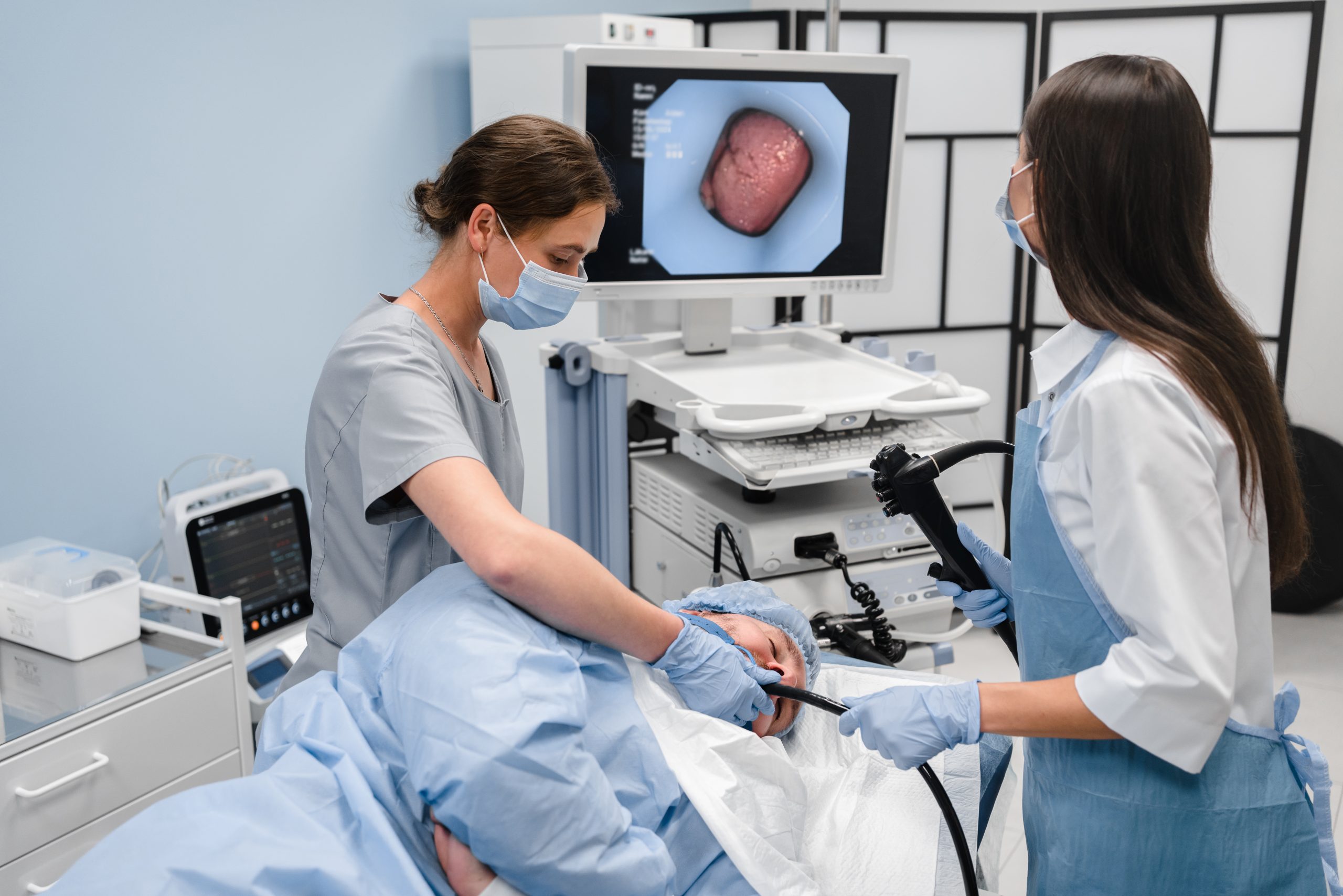
What Are the 5 Stages of IVF? A Comprehensive Guide from Akshya Women Care
The journey of in-vitro fertilization (IVF) can be both exciting and overwhelming. At Akshya Women Care, we understand how important it is to be informed and prepared for this process. If you’re in your 30s or considering IVF, knowing its stages can help you feel more confident and supported. Let’s walk you through the five stages of IVF, step by step, so you can understand what to expect.
Stage 1: Ovarian Stimulation and Monitoring
The first step in the IVF process is stimulating the ovaries to produce multiple eggs. This is essential to increase the chances of a successful outcome.
How it words
- Medications: Fertility medications, such as gonadotropins, are prescribed to encourage multiple follicles in the ovaries to grow.
- Monitoring: Ultrasounds and blood tests are done frequently to track the growth of follicles and hormone levels.
- Adjustments: Your doctor may adjust the medication dosage to ensure the process is safe and effective.
Key Points to Remember
- This stage usually lasts 10-14 days.
- Staying healthy and following your doctor’s advice can improve results.
- Regular check-ups during this time are very important.
Stage 2: Egg Retrieval
Once the eggs are mature, they are retrieved from the ovaries through a minor procedure.
How It Works
- Trigger Injection: A special injection, called hCG, is given to prepare the eggs for retrieval.
- Procedure: A thin needle, guided by ultrasound, is used to collect eggs from the follicles. This procedure is done under sedation.
- Egg Count: The number of eggs retrieved varies, but having more eggs increases the likelihood of success.
What to Expect
- The procedure takes about 20-30 minutes.
- You may experience mild cramping or discomfort afterward, which typically subsides within a day.
- Retrieved eggs are immediately taken to the lab for fertilization.
Stage 3: Fertilization and Embryo Development
In this stage, the retrieved eggs are fertilized with sperm to create embryos.
How it Works
- Fertilization methods include Conventional IVF: where eggs and sperm are combined in a lab dish for natural fertilization, and ICSI, where a single sperm is directly injected into each egg, addressing male infertility.
- Monitoring: Fertilized eggs are monitored over the next 3-5 days to track their development.
- Grading: Embryologists grade embryos based on their quality, selecting the healthiest ones for transfer.
Key Points to Know
- Not all eggs will fertilize successfully, and that’s normal.
- Advanced techniques like genetic testing can help select the healthiest embryos.
- This stage is critical for determining which embryos have the best chance of implantation.
Stage 4: Embryo Transfer
This is the most exciting stage for many—when the embryo is placed into the uterus.
How It Works
- Preparation: Hormonal treatments may be given to prepare the uterine lining.
- Procedure: Using a thin catheter, the embryo is carefully transferred into the uterus.
- Post-Transfer: You may be asked to rest briefly before resuming light activities.
Fresh vs. Frozen Transfers
- Fresh Transfer: The embryo is transferred in the same cycle as the egg retrieval.
- Frozen Transfer: The embryo is frozen and transferred in a later cycle, often with better results.
Fresh vs. Frozen Transfers
- The procedure is quick and painless, typically lasting 10 minutes.
- Implantation usually occurs 6-10 days after the transfer.
- Follow your doctor’s guidance closely for the best outcome.
Stage 5: Pregnancy Testing and Follow-Up
The final step in the IVF journey is determining if the procedure was successful.
How It Works
- Blood Test: A beta-hCG test measures pregnancy hormone levels about two weeks after the transfer.
- Ultrasound: If the test is positive, an ultrasound confirms implantation and early development.
- Follow-Up Care: Hormonal support may continue during the early stages of pregnancy to help maintain it.
Managing Expectations
- IVF success rates depend on factors like age, embryo quality, and overall health.
- If the result is negative, your doctor will discuss the next steps, which could include another IVF cycle.
- Support and counseling can help you manage the emotional aspects of this stage.
Frequently Asked Questions About IVF in Your 30s
1. Is IVF more successful for individuals in their 30s?
Yes, IVF success rates are generally higher for those in their 30s because egg quality and quantity are typically better.
2. How many IVF cycles might be needed?
On average, it may take 2-3 cycles to achieve a successful pregnancy, though this varies from person to person.
3. Are there any risks involved?
While IVF is generally safe, there are some risks, including ovarian hyperstimulation syndrome (OHSS) and multiple pregnancies. These risks can be managed with proper medical car
Tips for a Successful IVF Journey
- Choose the Right Clinic: At Akshya Women Care, we have experienced specialists and a supportive team to guide you.
- Maintain a Healthy Lifestyle: Eating well, exercising, and reducing stress can improve your chances of success.
- Seek Emotional Support: Joining a support group or speaking with a counselor can help you navigate the emotional ups and downs of IVF.
Final Thoughts
At Akshya Women Care, we are committed to supporting you at every step of your IVF journey. Understanding the five stages—from ovarian stimulation to pregnancy testing—can help you feel prepared and empowered. IVF may be a challenging journey, but it offers hope to many individuals and couples dreaming of parenthood.
If you’re considering IVF or have questions about the process, contact Akshya Women Care today. Our team is here to provide personalized care and guidance tailored to your unique needs.
Need Assistance? We’re Here to Help!
Our team is here to provide support and guidance throughout your fertility journey. Reach out to us for inquiries, assistance, or to book an appointment.
